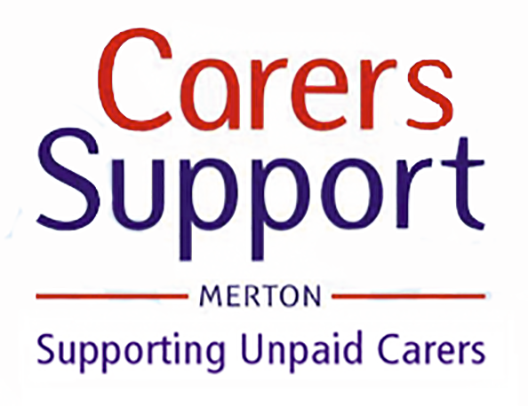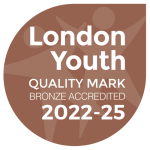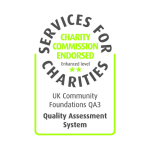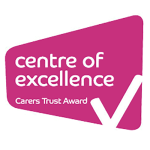You are a Young Carer if you are under 18 and help to look after a relative with a disability, illness, mental health condition, or drug or alcohol addiction.
This will probably be a parent or a sibling, but it could be another relative.
You might have been caring since you have been very young and not even recognise that you are a Young Carer. Or you may suddenly start caring when someone in your family becomes ill or has an accident.
What the law says about Young Carers
You might want to care for your relative and find it very rewarding. It may also be helping your to develop many positive skills. However, the law says that caring shouldn’t:
- Make you feel anxious, sad, unhappy, lonely or isolated
- Prevent you from making relationships and friendships
- Make you miss school or interfere with your progress in learning
- Prevent you from achieving what you would like to in life
- Make you feel uncomfortable
- Negatively affect your physical health and development
You have a right to decide how much care you can give, and indeed whether you give any care at all. You also have a right to be supported so that you can manage to do all of the same things as other children and young people, alongside caring for your family member.
The law says that Young Carers must be protected from some caring tasks that Adult Carers do. This includes caring for too many hours so you are left tired and exhausted. It also includes things like giving medication or personal care like washing and dressing an adult. If an adult is unable to do these things for themselves, or they need a lot of care, then they have a right to ask the Local Authority to provide them with help so that the children in the family do not have to do it.
Assessing your needs
As a Young Carer, the Local Authority have to carry out an assessment of your needs if you or your parents ask them to do so. The law says you can ask for an assessment every time your needs or family circumstances change. Don’t be put off by the word ‘assessment‘. It is not a test about how good you are at caring. It is simply a conversation with a social worker or a family support worker to work out what can be done to make life easier for you. They will also look at the help and support everyone else in the family can receive.
As long as you are not at risk of harm, it is up to you and your family whether to accept the services you are offered.
Preparing for adulthood
The law also says that an assessment should be carried out before a Young Carer reaches 18 to help make plans for when they become an adult. This is called a ‘transition assessment’. This is important because your life will be different as an adult, and you may not be able to provide the same level of care as you did as a Young Carer. The law says that caring shouldn’t limit your ability to achieve your ambitions, and you are entitled to pursue your education, or work in the way you want to. Also adult services are organised a little bit differently to children’s services, so it is important to plan ahead so that there is time to find support so you are not suddenly left without help
There is no set age to request an assessment to help you prepare for adulthood. You should request it when the time is right for you, and a good time would be when you have started to make plans for what you want to do when you leave school.
How Carers Support Merton can help
In Merton, the Local Authority have asked Carers Support Merton to carry out assessments of Young Carers on their behalf. So you can either ask us or children’s social care to carry out your assessment, and this includes assessments to help prepare for adulthood.
If you want to talk to someone who knows more about Young Carers’ rights or the help or support you or your family is entitled to receive, please contact our Young Carers team.
More information
Carers Trust has produced a booklet called ‘Know your rights‘.
The NHS has also produced some guidance.
The Lawstuff website provides free legal information to children and young people, including specific information for Young Carers.



